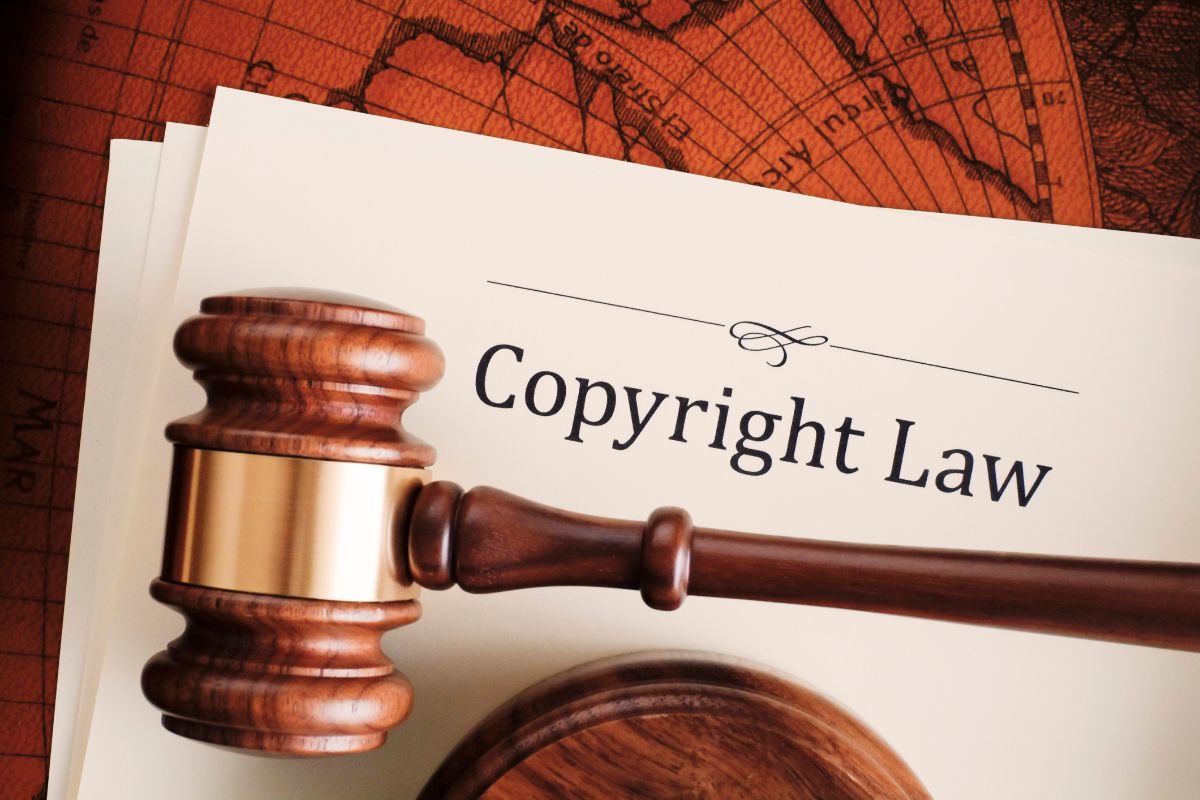Since many services use copyrighted worship music and lyrics — either through public platforms like YouTube assuming their right to use the material falls under “fair use” law, or by having a licensing agreement with entities like Christian Copyright Licensing International (CCLI) or Christian Video Licensing International (CVLI) — churches may assume they are protected. But this is not always the case.
Here are 12 tips to help keep you from violating church copyright laws:
- If the church has a CCLI licensing agreement, be sure that you review the licensing agreement carefully and follow their guidelines for using songs and words.
- If the church has a CVLI licensing agreement, be sure you review the licensing agreement carefully and follow their guidelines for using movies and videos.
- Have a written copyright policy in place for the use of copyrighted works and make staff members and volunteers aware of the legal use of copyrighted materials.
- Assign a church staff member with the responsibility for monitoring the use of songs, movies, and copyrighted materials.
- Prohibit the use of unauthorized photos, videos, and other materials on the church website.
- Prevent personal data from being posted on the church’s website and be sure to have signed releases from anyone whose photos or videos you do use on your site.
- Register your domain name and other similar names to protect the integrity of the church and prevent piracy.
- If the church allows third parties to post or upload information on any of its websites, include a disclaimer that the church is not responsible for the uploaded content.
- Have a written copyright policy regarding the transmission of copyrighted material via email.
- Conduct software audits and have a system to prevent unauthorized use or illegal downloading of software.
- Consult with legal counsel to protect the ownership of works created by pastors and other staff members. This is a very tricky area and consulting legal counsel is strongly recommended.
- Have legal counsel review all church policies and actions regarding the use of copyrighted material and other intellectual property.
Lastly, if your church has a license agreement with a streaming service provider, be sure to check the agreement so you know what is and is not covered in the license. Better yet, consult with an attorney who has experience with churches to help you safely navigate copyright law.
Provident Law’s nonprofit attorneys can help churches and religious organizations and their boards. We stand ready to counsel and serve churches, charities, and foundations, as well as private schools, colleges, universities, and other types of nonprofit organizations—providing broad transactional and general counsel services in Arizona and surrounding areas. Contact us to learn more.


